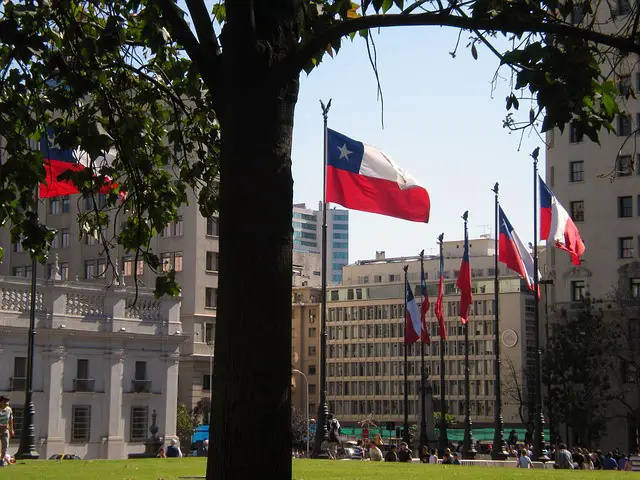Chile is a country with a rich history and a series of important dates that have left an indelible mark on its development and evolution as a nation. We will explore some of the most important dates in Chilean history and the meaning that each one of them holds.
It might interest you: Cultural and artistic events in Chile
September 18, 1810: The beginning of the independence process
September 18, 1810 is an important date in Chilean history because it marks the beginning of the country's independence process. That day, a group of patriots led by the lawyer Juan Martínez de Rozas , rebelled against the Spanish colonial government, which led to the creation of the First National Government Junta. This was the first step towards the independence of Chile, which was finally achieved on February 12, 1818.
December 20, 1831: Death of Bernardo O'Higgins
Bernardo O'Higgins is one of the most important figures in Chilean history. He was one of the leaders of the fight for independence and the first head of state of Chile. On December 20, 1831, O'Higgins died in Lima, Peru, where he had been living in exile. His legacy remains important in Chile to this day.
September 1, 1924: The military coup of the "Revolution of 1924"
The "Revolution of 1924" was a failed military coup attempt led by General Luis Altamirano . The objective of the coup was to overthrow the democratic government of President Arturo Alessandri. Although the coup was unsuccessful, it had a significant impact on Chilean politics and was a precursor to future military coups.
June 4, 1932: The Santa María School massacre
On June 4, 1932, during a miners' strike in the city of Iquique, a massacre took place at the Santa María School . The military forces opened fire on the miners and their families who had taken refuge in the school. More than 2,000 people were killed in the incident, making it one of the most tragic episodes in Chilean history.
September 4, 1970: The election of Salvador Allende
On September 4, 1970, Salvador Allende was elected President of Chile , becoming the first democratically elected socialist leader in Latin America . His election led to a series of significant changes in the country, including the nationalization of companies and the implementation of radical social and economic policies.
September 11, 1973: The military coup
On September 11, 1973, the Allende government was overthrown by a military coup led by General Augusto Pinochet . The coup resulted in the death of Allende and the start of a military dictatorship that lasted 17 years. During this time, serious human rights violations took place, including torture, disappearances, and executions.
October 25, 1988: The referendum
On October 25, 1988, Chile held a national plebiscite to determine whether President Pinochet should continue in power for another term. The "No" vote won with 55% of the votes, which led to the calling of democratic presidential elections the following year and the end of the military dictatorship in Chile.
March 11, 1990: The transition to democracy
On March 11, 1990, Patricio Aylwin became the first democratic president of Chile in 17 years, marking the end of the military dictatorship and the beginning of the transition to democracy. During his tenure, Aylwin implemented a series of political and economic reforms that helped stabilize the country and laid the foundation for future economic growth.
October 18, 2019: Social protests
On October 18, 2019, Chile witnessed a series of massive social protests demanding significant political and economic reforms. The protests were in response to social inequality, lack of economic opportunity, and government corruption. The protests led to the resignation of President Piñera and a process of political reform in the country.
These are just some of the most important dates in Chilean history. Each of them has left a mark in the development and evolution of the country, and all are reminders of the importance of democracy, social justice and equality in society. As Chileans, it is important to remember history and learn from it in order to build a better future for all.
